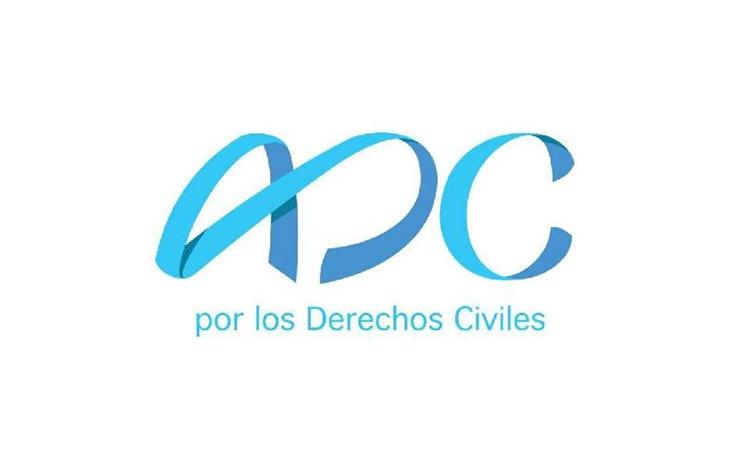Although freedom of information legislation has existed in Argentina for several years, women are often unaware of their rights and, as such, do not take advantage of them. Through this program, ADC conducted a series of public trainings on women’s reproductive health and worked with local government officials to create improved information systems for responding to public requests and designing public policy.
Challenge

Although freedom of information legislation has existed in Argentina for several years, women are often unaware of their rights and do not seek to take advantage of them. Despite the creation of the Ministry of Health’s National Program for Sexual Health and Responsible Procreation in 2002, valid indicators were just recently developed to evaluate women’s health needs throughout the country. Additionally, between 2005 and 2009, there were a high number of formal information requests submitted primarily via email, but the National Ministry of Health only registered 19 information requests related to sexual and reproductive health.
The situation is similar in the City of Buenos Aires where despite the city’s well established Program on Sexual Health and Responsible Procreation and its access to information laws, the government has not been able to effectively implement policies to ensure the complete and timely processing of access to public information requests. Further adding to the problem, ADC research has shown that in the City of Buenos Aires as in all of Argentina, the political environment discourages the dissemination of information needed to protect women’s sexual and reproductive rights. This lack of public information is compounded by the challenges of social stigmas and stereotypes that further silence discussions about sexuality and reproduction in the public agenda.
Program Summary
This program is designed to educate the public about the importance of adequate information on sexual and reproductive health as well as empower and train women to submit public information requests. ADC achieved these objectives through four primary activities:
- Identifying gaps: ADC conducted literature reviews and interviews to identify and analyze major barriers to women in accessing health-related information. ADC also submitted information requests for areas where there is the greatest dearth of information, and the results of these requests formed the basis for strategic litigation related to the production of information on sexual and reproductive health.
- Empowering women: Access to information requests and strategic litigation were carried out in collaboration with two women’s organizations in each of the project’s focus locations – the City of Buenos Aires and the municipalities of Lomas de Zamora and San Fernando. Through this collaboration, ADC conducted training sessions about tools for accessing information requests and strategic litigation.
- Educating the public: After completing the report on information gaps and recommendations, ADC hosted a roundtable discussion with civil society organizations, experts, and other stakeholders in order to discuss access to information on sexual and reproductive health, analyze the impact of poor access to information, and propose actions and solutions. Participants included representatives from the National Consortium of Reproductive and Sexual Rights (CoNDeERs), the Latin American Team of Justice and Gender (ELA), the Center for the Study of the State and Society (CEDES), and the Interdisciplinary Center for the Study of Public Policy (Ciepp). ADC will produce a report outlining the group’s findings and recommendations, which will be widely disseminated through a media campaign.
- Budgeting: ADC will monitor the budgets for sexual and reproductive health programs in the selected program districts. The project team members will also meet regularly with key public authorities of the City and Province of Buenos Aires in order to present project findings and recommendations on how to compile and systematize information so that it is more easily accessible to women and incorporated into public policy. ADC will also call for the disaggregation of public data by gender and for State-led campaigns on access to sexual and reproductive health.
Impact
Access to information strengthens the relationship between the State and its citizens by allowing for greater participation in the design and implementing public policy. Furthermore, incorporating a gender perspective when conceptualizing, implementing, and evaluating public policy is critical for protecting women’s rights. Furthermore, effectively ensuring reproductive rights has a direct impact on poverty, infant mortality rates, and women and girls’ life expectancy.


